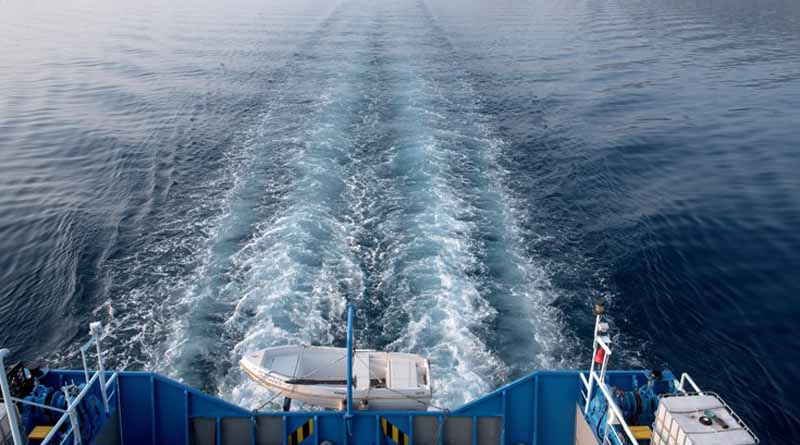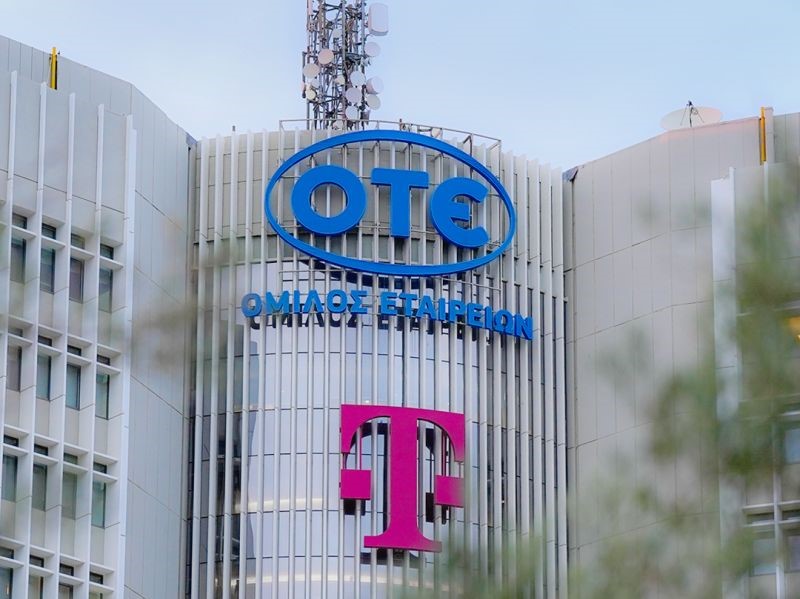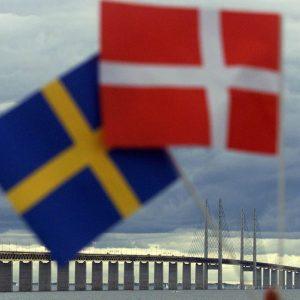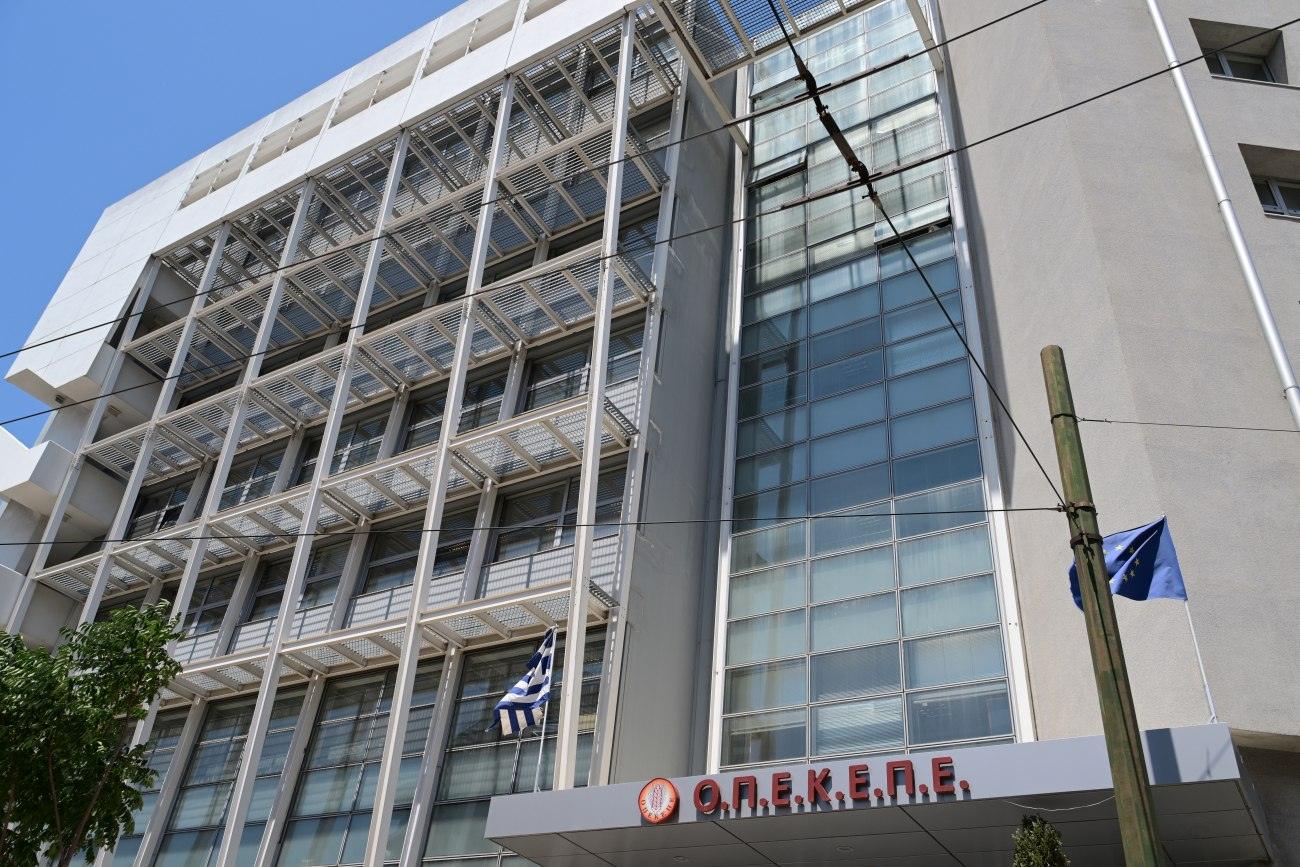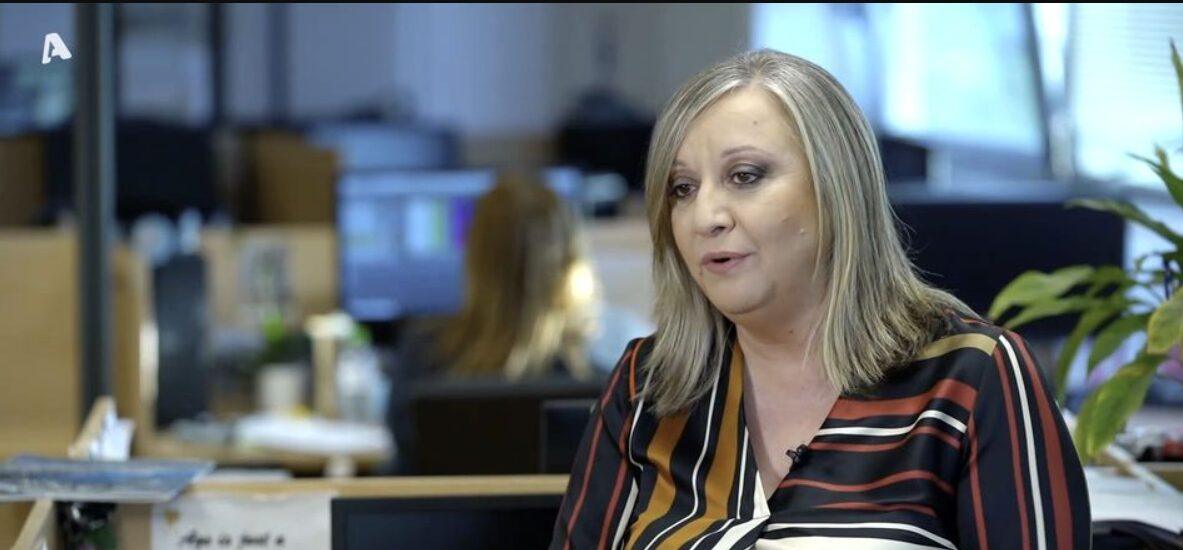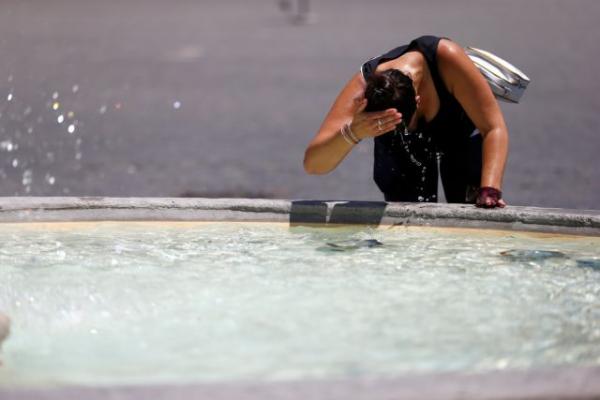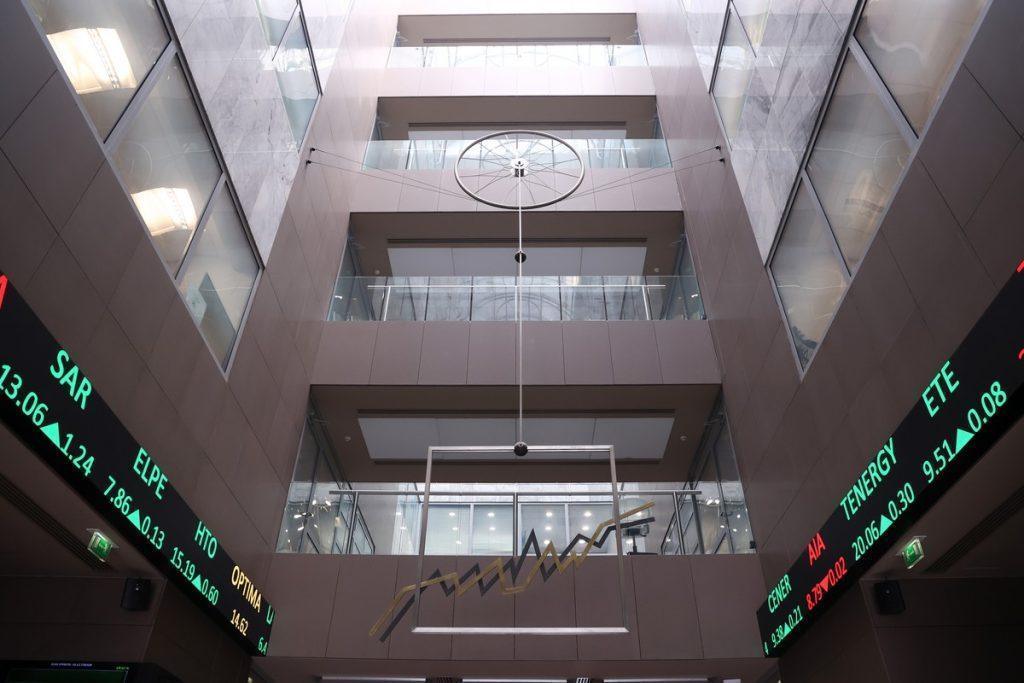The average age of our ships today is 27.32 years and for conventional ships 29.9, the chamber states and adds that in 2030, the average will be 37.32 years and for the conventional 39.9, while more than 42 ships will be over 40 years old, and 18 ferries older than 50 years.
It is worth noting that, in the international market, there are no small ships that meet the strict environmental criteria, but are also suitable for the coastal transport specifics of Greece.
Therefore, there is a question of financing and the only proposal that exists and must be immediately developed and formulated appropriately for the financing and guarantee of new constructions stems from the diligent study of the Hellenic Maritime Chamber, PCCI points out.
It should be noted that speaking recently at the general assembly of the Association of Passenger Shipping Companies, the president Mr. Michalis Sakellis referred to the issue of renewal of the coastal shipping fleet, emphasizing that from 2019 until today the Association has actively participated in the studies and efforts of the Hellenic Chamber of Shipping to secure the necessary funds.
This effort is in progress and the Hellenic Chamber of Shipping already has contacts with the Ministers of Finance and we are waiting for the final decisions on the financing of the last phase of the study which will concern the detailed recording of needs and the final proposals for the collection of the necessary funds.
The Piraeus Chamber of Commerce and Industry points out that, thanks to our coastal shipping, the “cohesion” of the country is maintained and the economic and tourist activities in island Greece are supported.
The proof lies in the occupancy of passenger ships that reached 85% immediately after the lifting of restrictions.
But, in order to maintain what is considered today as a given, our coastal fleet must be kept in a state of readiness.
Therefore, we need to look at the issue, both from a business perspective and from the state’s point of view, at the challenges that coastal shipping companies have to face in the near future, which maintain a significant number of active and highly seaworthy states high speed ships, conventional and non-conventional.
Essentially, we are talking about a basic challenge with two parts, which should be “answered” quickly and soon, so as not to jeopardize in the future the national advantage of Greek management and ship ownership, PCCI emphasizes.
Environmental challenge
The environmental challenge continues and that of fleet renewal renders the picture rather blurry for the Greek shipping industry and, in fact, at a time when the pandemic brought an upheaval to economic activities, particularly affecting transport and tourism, from which coastal shipping draws strength.
Consequently, we cannot rule out reshuffles, and the crucial question of who will invest and finance this market must be answered in order to meet environmental challenges and fleet renewal.
The obligation to adapt ships to the new environmental regulations and to improve the energy footprint of ships, combined with a 55% reduction in carbon dioxide emissions in 2030, is looming ahead, as is the EU’s willingness to integrate shipping into the Emissions Trading System. Here, too, the shipping industry has to solve a difficult equation. The cost of fuel, alternative or not, the transformations that should be inder taken, if they can be done, and of course the cost of building ferries adapted to the needs and particularities of our archipelago.
The large concentration of investment funds from a few investors with high stakes in the shareholdings of the companies, but also the lack of financing and subsidizing from European funds are the parameters that will soon determine whether new investors will enter the sector, motivated to pump “fresh money” in the coastal shipping sector, notes PCCI.
The president of PCCI, Vassilis Korkidis, estimates that given the facts it becomes obvious that the business and entrepreneurial map of Greek coast shipping remains “open” for new agreements and synergies, as the schemes that are active today should find investment funds to take advantage of the shipbuilding market to acquire new ships. The ardent desire of the PCCI is, of course, for ships to be built and equipped in Greek shipyards.
